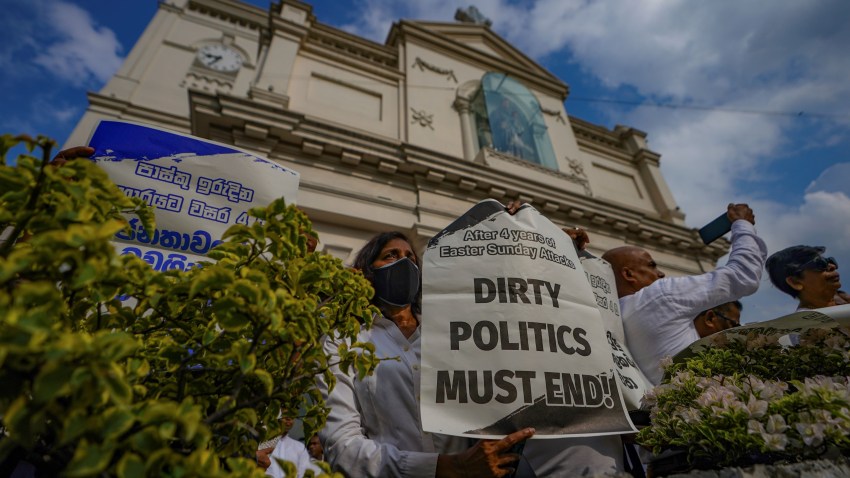In April 2019, on Easter Sunday, Sri Lanka became the target of one of the deadliest terrorist attacks of recent years. In a wide-ranging operation, suicide bombers launched a synchronized wave of blasts, detonating their explosives inside three luxury hotels in the capital, Colombo, and in several churches across the country. In a day of unremitting havoc and anguish, they killed 269 people—not counting the perpetrators—and injured more than 500. Most of those killed were Sri Lankans, but scores of visitors from more than a dozen countries were also among the dead, adding to the ramifications of sensational allegations about the bombing made in a documentary that aired this week.
From the moment the bombs went off, rumors started swirling about a conspiracy behind the events involving powerful local political forces. Those rumors continued to circulate even after the Islamic State took responsibility for the attacks. The suicide bombings and their targets had all the hallmarks of the group’s involvement. Authorities rounded up dozens of suspects, with several police officers killed in the process of arresting them. But even admissions of guilt by those arrested and the arsenals seized by security forces did nothing to quell the rumors of a conspiracy and subsequent coverup.
But now, a shocking documentary by Britain’s Channel 4 is turning up the temperature on the long-simmering accusations, with the claim that people close to Sri Lanka’s powerful Rajapaksa family worked with Islamic State elements in the country to orchestrate the attacks.

